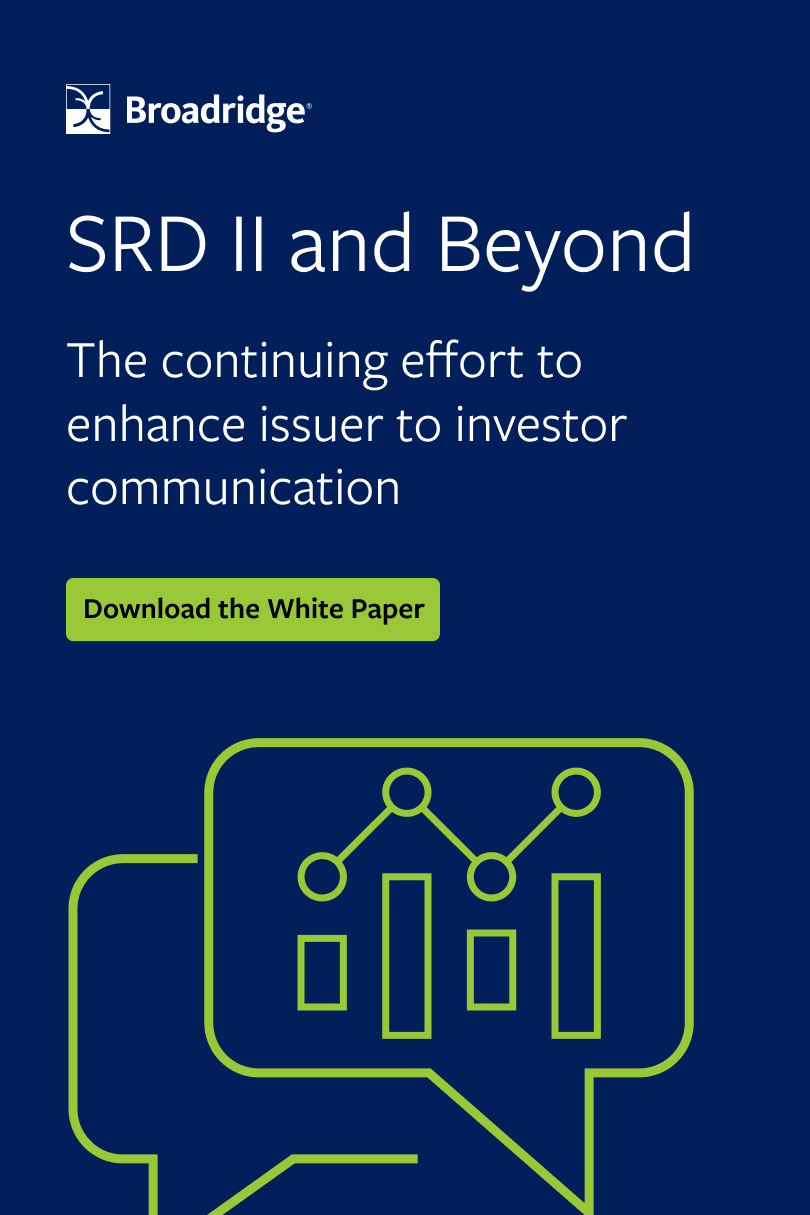Regulatory challenges are set to continue for the fund management sector this year, according to Jan Gruter, legal director at Addleshaw Goddard.
Gruter suggested that the review of the Alternative Investment Fund Managers Directive (AIFMD), the phasing out of the London Inter-bank Offered Rate (LIBOR), ongoing Brexit challenges, a continued focus on governance and new legal regulations on sustainability will make for another busy year for stakeholders in the fund management sector.
With the European Commission’s formal review of AIFMD due to conclude early this year, it is unlikely there will be a rewrite of the directive but according to Gruter, there has been “high speculation” that the commission is looking at re-opening the AIFMD remuneration code.
Gruter said: "Any such move is likely to be closely scrutinised by fund managers given how controversial, and unpopular, the remuneration measures were with many fund managers when the AIFMD was first adopted."
The future of the third country passport under the AIFMD now also looks in doubt amid speculation that the commission is likely to drop its implementation.
“This would have enabled non-EU fund managers to manage or market alternative investment funds across the EU on the basis of their local authorisation,” Gruter noted.
Beyond Brexit, the phasing out of LIBOR by the end of 2021 will have a significant impact on fund managers and portfolio companies.
Gruter commented: “The use of LIBOR in the fund management world is widespread and, by way of examples, includes the use of LIBOR as a reference rate for portfolio construction and calculation of returns on investments, or as a reference rate in contracts that govern the investments held by funds, such as debt instruments.”
He added: “We expect that in 2020 fund managers will put significant resource and time into identifying their ‘LIBOR exposure’ and working with counterparties to renegotiate contracts to transition away from LIBOR as well as keeping investors informed.”
This year will also see a new focus from European rule makers on sustainability, including measures aimed at improving environmental, social and governance (ESG) practices.
Gruter suggested that newly adopted EU regulations will for the first time “seek to achieve some level of harmonisation in the way financial markets stakeholders, including fund managers, communicate to investors on ESG considerations and how they integrate them into portfolio management”.
He concluded: “This is a complex field and a lot of detail remains to be worked out in 2020 before the measures will come into force in 2021."



